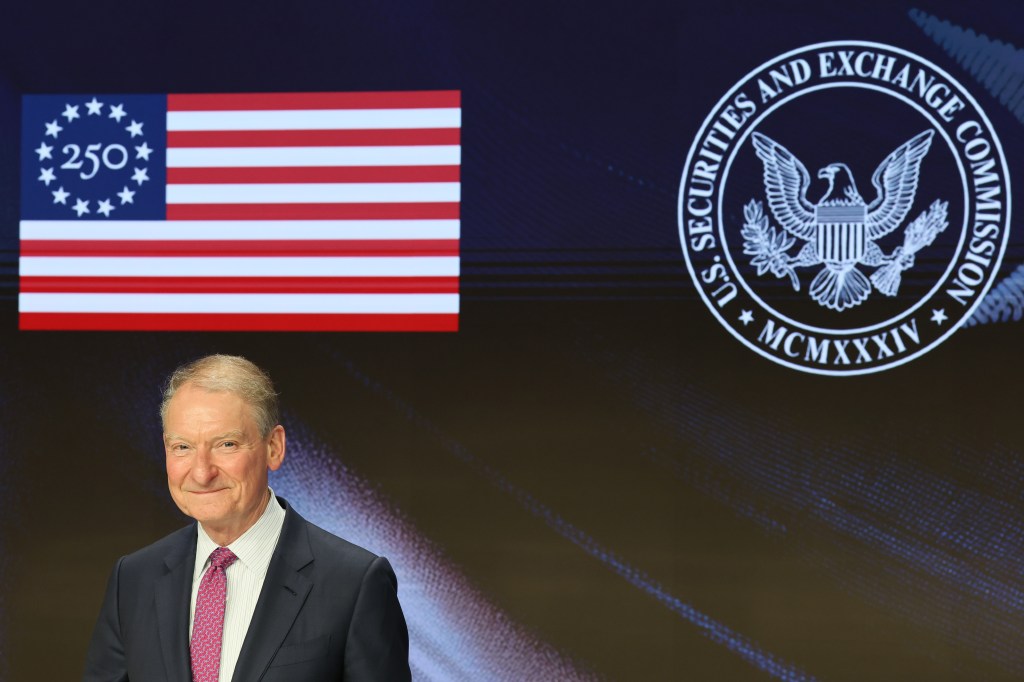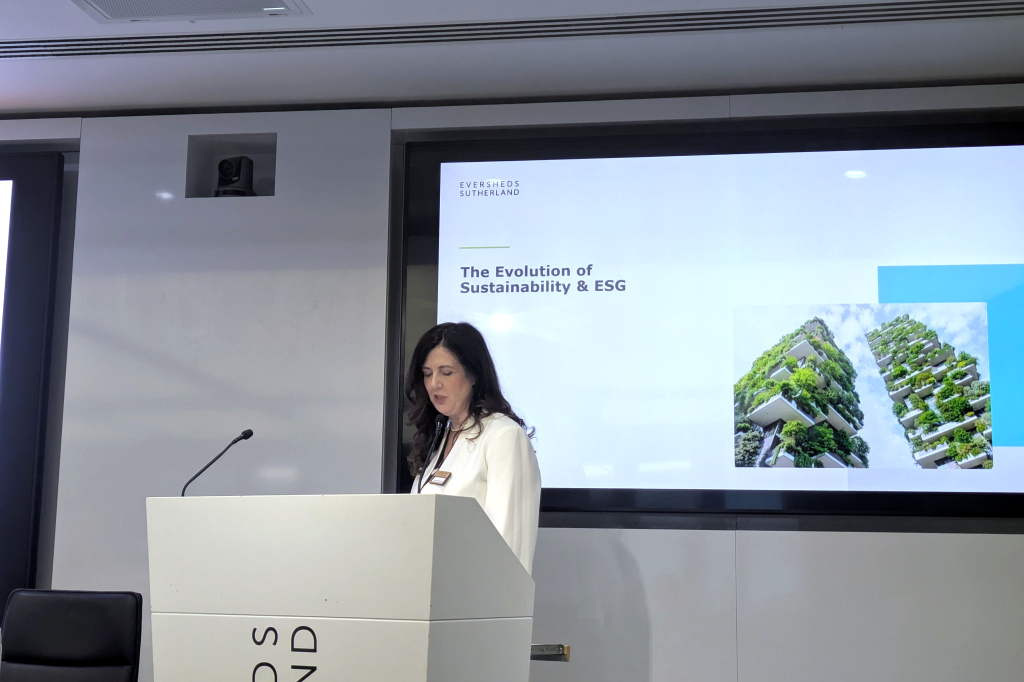The specialist team at Ashurst organised a helpful follow-up to their successful initial session on DORA. The number of questions from attendees of the first webinar was the primary motivation for organising a session focusing specifically on answers to practical questions posed by those attending.
A theme apparent throughout the
Register for free to keep reading
To continue reading this article and unlock full access to GRIP, register now. You’ll enjoy free access to all content until our subscription service launches in early 2026.
- Unlimited access to industry insights
- Stay on top of key rules and regulatory changes with our Rules Navigator
- Ad-free experience with no distractions
- Regular podcasts from trusted external experts
- Fresh compliance and regulatory content every day













